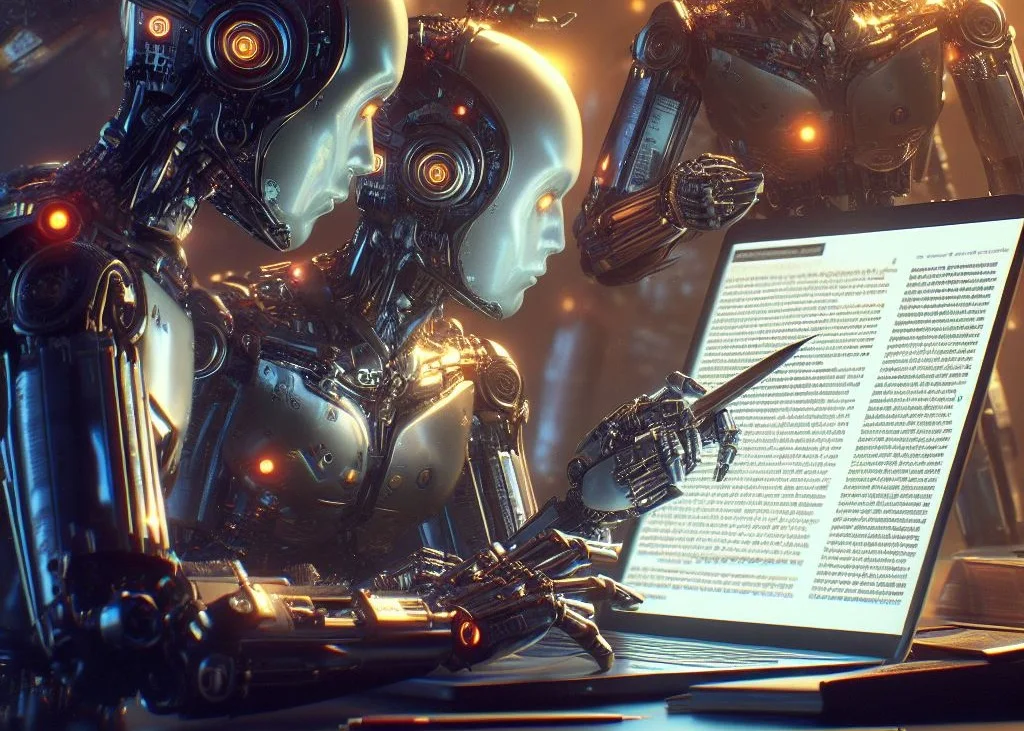Artificial Intelligence (AI) has become a buzzword in today’s technology-driven world. From virtual assistants like Siri and Alexa to advanced robotics and predictive analytics, AI is revolutionizing industries and transforming the way we live and work. But what exactly is AI, and how does it function? In this blog, we’ll explore the concept of AI, dive into its different types, and provide examples to help you understand this groundbreaking technology better.
What is Artificial Intelligence?
Artificial Intelligence refers to the simulation of human intelligence in machines that are programmed to think, learn, and perform tasks that typically require human intervention. AI systems use algorithms and data to analyze information, make decisions, and improve over time. This technology encompasses a wide range of capabilities, from simple automation to complex machine learning and deep learning models.
Example of Artificial Intelligence:
A common example of Artificial Intelligence in action is chatbots. These AI-powered systems can engage in human-like conversations, answer queries, and even provide personalized recommendations. For instance, when you ask a virtual assistant like Google Assistant to play your favorite song, it uses Artificial Intelligence to understand your request, search the music library, and play the song.

What are the 4 Types of Artificial Intelligence?
Artificial Intelligence can be categorized into four distinct types, each representing a different level of complexity and capability:
- Reactive Machines: Reactive machines are the most basic form of Artificial Intelligence. These systems can perform specific tasks but lack memory and the ability to use past experiences to inform future actions. They respond to particular inputs with pre-programmed responses. For example, IBM’s Deep Blue, a chess-playing AI, falls into this category. It can identify pieces on a chessboard and make decisions based on current positions but doesn’t use past games to improve its strategies.
- Limited Memory: Limited memory Artificial Intelligence systems can retain some past experiences and use them to make better decisions in the future. This type of AI is often used in self-driving cars. These vehicles observe their environment, such as traffic signals, other cars, and pedestrians, and use this information to make driving decisions.
- Theory of Mind: Theory of Mind Artificial Intelligence is more advanced and understands the emotions, beliefs, and thoughts of other entities. This type ofArtificial Intelligence is still largely theoretical and represents an essential step toward creating machines that can interact more naturally with humans. This AI would be able to comprehend social cues and adjust its behavior accordingly.
- Self-Aware AI: Self-aware AI is the most advanced form of AI, where machines have their own consciousness and self-awareness. These systems can understand their existence, predict how others feel, and even anticipate needs. As of now, self-aware AI remains a concept in science fiction, with no real-world examples.
What is the Concept of Artificial Intelligence?
The concept of AI revolves around creating machines that can perform tasks that usually require human intelligence. This includes learning from experience, recognizing patterns, understanding natural language, and making decisions. AI leverages various technologies such as machine learning, neural networks, and deep learning to mimic human cognitive functions.
The core of AI is its ability to improve and adapt over time. Through continuous learning, AI systems can enhance their performance, become more accurate, and solve increasingly complex problems. This adaptability makes AI a powerful tool in various sectors, from healthcare and finance to entertainment and education.
Conclusion
Artificial Intelligence is not just a futuristic concept but a reality that is already reshaping our world. By understanding the different types of AI and the concept behind it, we can better appreciate the potential and limitations of this technology. As AI continues to evolve, it will open new possibilities and challenges, making it a fascinating field to watch.